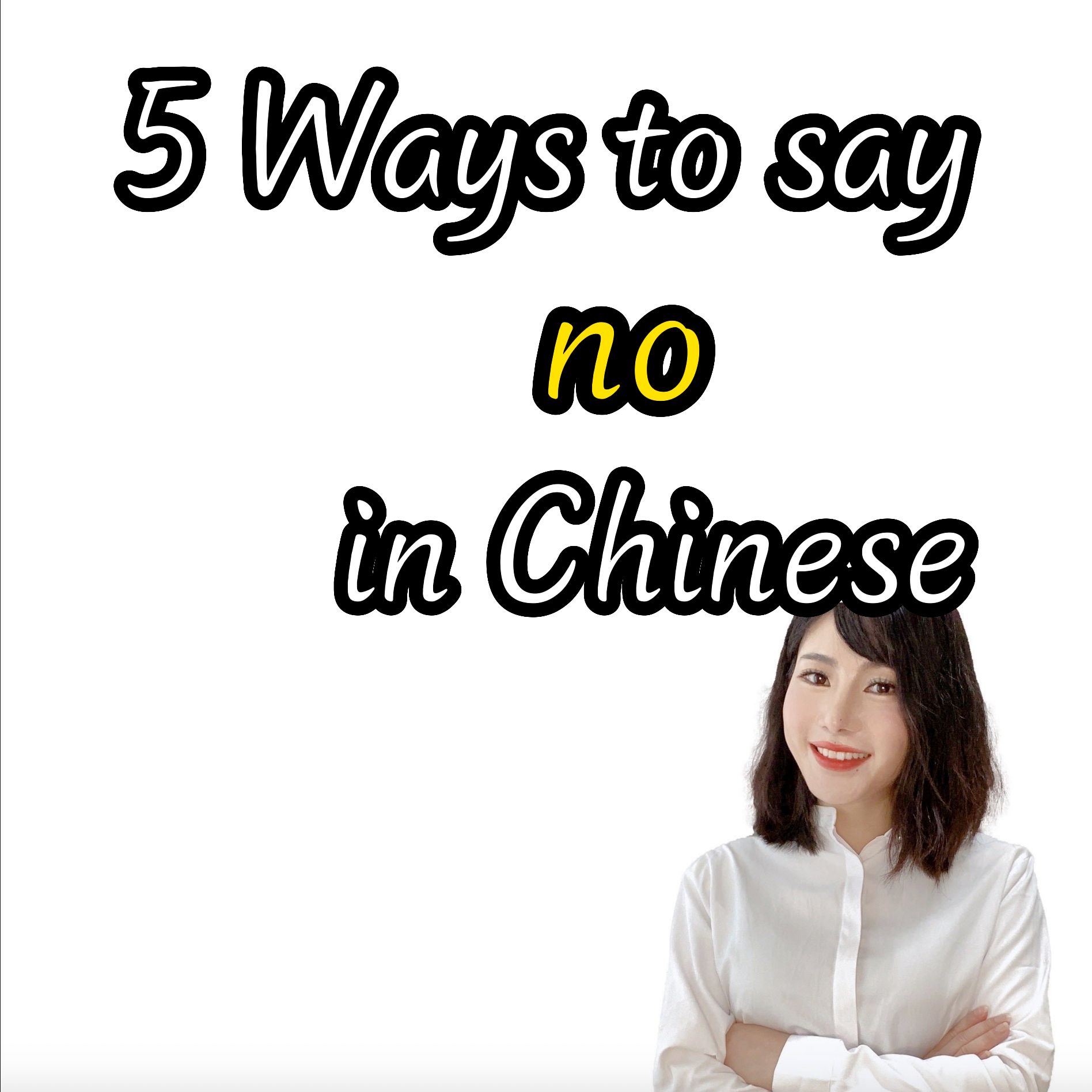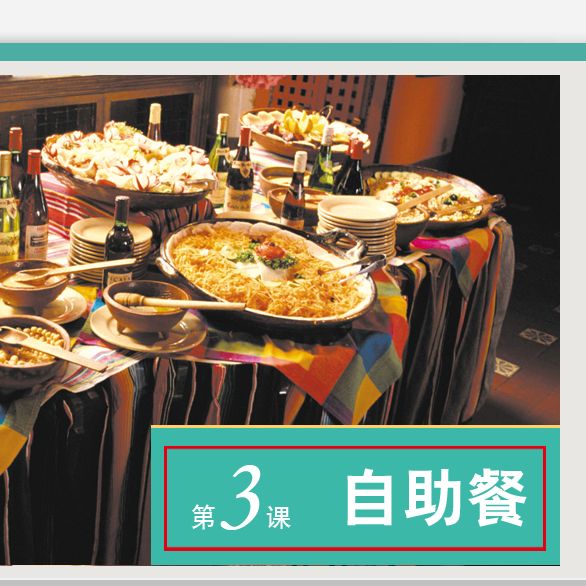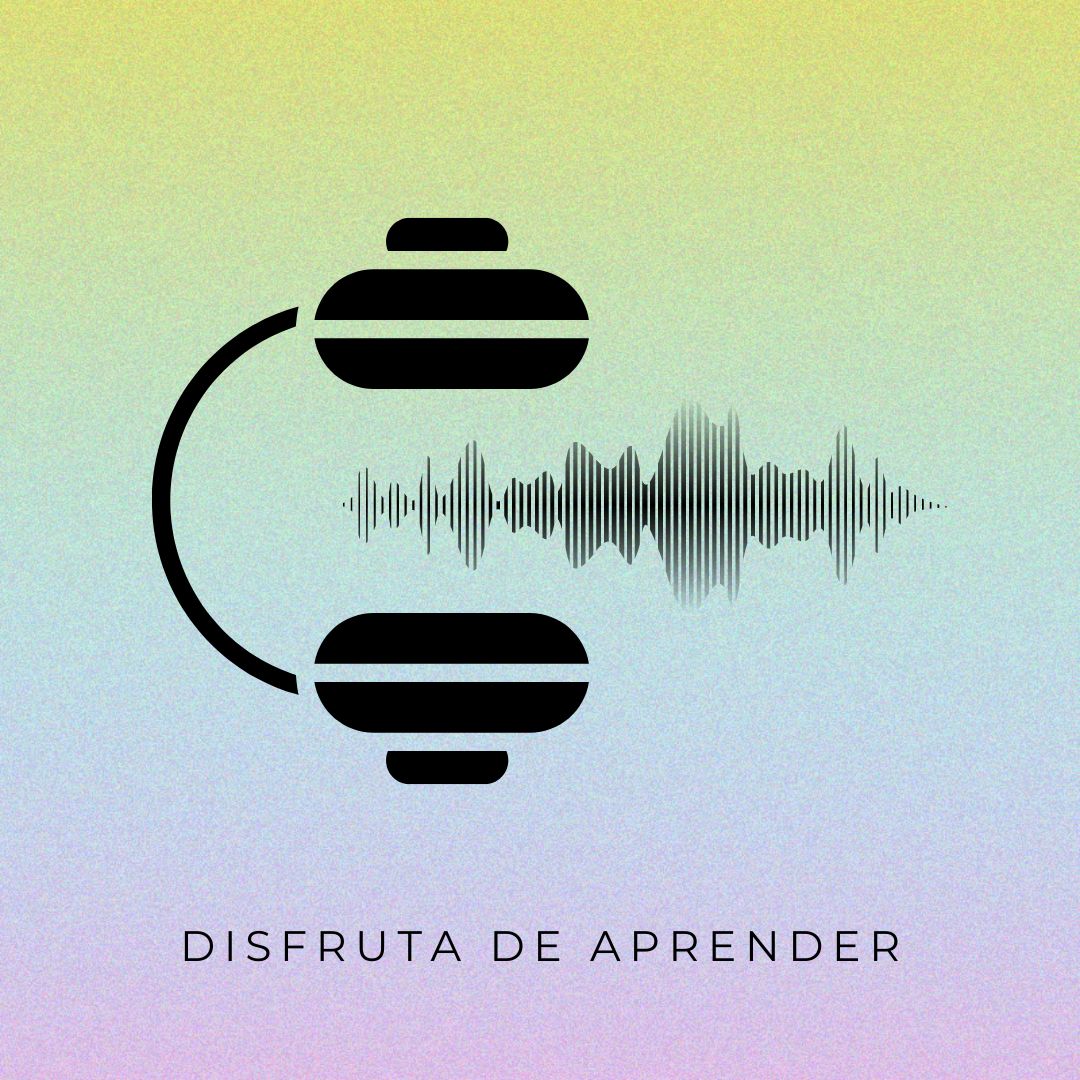
5 ways to say "no" in Chinese
Mô tả
Here are five simple expressions to say "no" in Chinese with simple examples:
1. 不 (bù) - This is a simple and common way to say "no" in Chinese. It can be used in a variety of contexts and is a general negative word.
Example:
A: 你喜欢苹果吗? (nǐ xǐ huān píng guǒ ma?) (Do you like apples?)
B: 不 (bù) (No)
I normally don’t answer people with just a simple 不 to say no, because it sounds rude. But if you are in a fight with someone, I guess it is a good language tool.
2. 不要 (bù yào) - This phrase means "don't want" or "don't." It can be used to say "no" in a more polite or indirect way.
Example:
A: 吃蛋糕吗? (chī dàn gāo ma?) (Do you want to eatcake?)
B: 不要,谢谢。 (bù yào, xiè xiè) (No, thank you.)
3. 不行 (bù xíng) - This phrase means "can't" or "not allowed." It can be used to say "no" in a more formal or assertive way.
Example:
A: 你能给我五块钱吗? (nǐ néng gěi wǒ wǔ kuài qián ma?) (Can you give me five dollars?)
B: 不行,我没有五块钱。 (bù xíng, wǒ méi yǒu wǔ kuài qián) (No, I don't have five dollars.)
5. 不可以 (bù kě yǐ) - This phrase means "cannot" or "not allowed." "不可以" (bù kě yǐ) is often used to indicate that something is not allowed or not permitted.
Example:
A: 妈妈,我能去朋友家玩吗? (mā ma, wǒ néng qù péng you jiā wán ma?) (Mom, can I go to my friend's house to play?)
B: 不可以,你还没有完成你的作业。 (bù kě yǐ, nǐ hái méi yǒu wán chéng nǐ de zuò yè) (No, you have not finished your homework yet.)
Kênh Podcast
Five Ways to Say XXX in Chinese
Tác giả
Tất cả các tập

3. Абетка/Вимова/das Alphabet/die Aussprache

UK Travel Tips 😆

自助餐

EP 27. WHEN TO USE HACE, DESDE AND DESDE HACE

추운 날씨_When it's cold

Hablemos de viajes, parte XIII !

みんなの日本語 21か ~ないといけません

IELTS Speaking Part 3 Topic: Travel and transport. Q. 4-6.
Các tập phổ biến

Deutsch mit Zhanna
3. Абетка/Вимова/das Alphabet/die Aussprache

English with Emily
UK Travel Tips 😆

日常用语
自助餐

Spanish with Jas
EP 27. WHEN TO USE HACE, DESDE AND DESDE HACE

Korean with Rumi
추운 날씨_When it's cold

Disfruta de aprender
Hablemos de viajes, parte XIII !

ようへい先生 N4,N5チャンネル
みんなの日本語 21か ~ないといけません

IELTS-SPEAKING 8-9 BAND IS POSSIBLE. DAILY SPEAKING PRACTICE PART 1,2 & 3. Listen daily.
IELTS Speaking Part 3 Topic: Travel and transport. Q. 4-6.